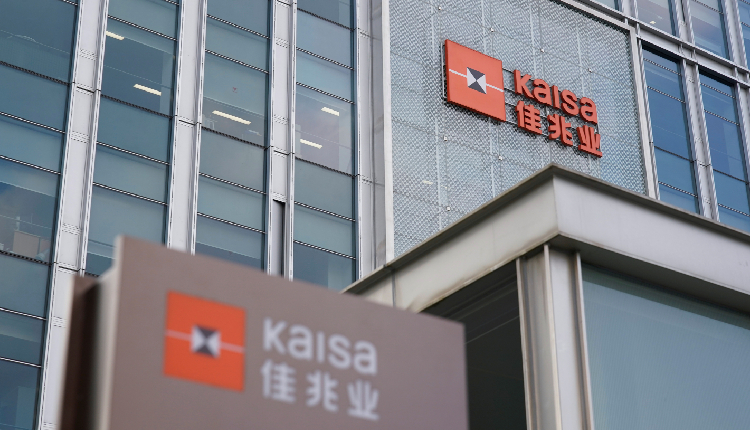Kaisa Group, a Chinese property developer, took a major step in resolving its offshore debt crisis by reaching an agreement with a key group of bondholders on Tuesday. The deal involves exchanging current debt for new notes and company shares.
Kaisa, headquartered in Shenzhen, defaulted on $12 billion in offshore bonds in late 2021. This restructuring plan extends beyond just bonds, encompassing other outstanding debts such as loans and yuan-denominated asset-backed securities.
The company, which holds the distinction of being the second-largest offshore debt issuer among Chinese developers after China Evergrande Group, was also the first in the industry to default on dollar bonds back in 2015.
Since the Chinese property sector plunged into a debt crisis in mid-2021, numerous developers have defaulted, but successful offshore debt restructuring remains elusive for most.
Kaisa’s stock price experienced a slight decline of 1.9 per cent as of Tuesday’s early trading hours, after initially rallying over 10 per cent. The broader Hang Seng Mainland Properties Index also dropped two per cent.
The restructuring plan outlined by Kaisa involves issuing six tranches of senior notes maturing between 2027 and 2032. These notes will offer cash interest ranging from 5 per cent to 6.25 per cent.
Additionally, eight tranches of mandatory convertible bonds maturing from 2025 to 2032 will be issued. These bonds will eventually be converted into Kaisa shares based on a predetermined allocation ratio.
To expedite debt reduction and improve liquidity, Kaisa’s plan includes a potential contribution of 115 million yuan in shareholder loans from company chairman Kwok Ying Shing. This contribution would be facilitated through one or more rights issues.
Kaisa may also propose a management incentive plan that would involve issuing up to 3.33 per cent of its ordinary shares to company personnel upon the full redemption of a tranche of the new notes.
The key bondholder group, representing over 34 per cent of the debt covered in the restructuring and over 36 per cent of the debt of Kaisa’s subsidiary, Rui Jing, has already signed off on the agreement.
Other creditors are encouraged to join by September 12th, with an incentive of a 0.1 per cent consent fee in the form of Tranche A New Notes.
This agreement is particularly crucial for Kaisa as it faces a winding-up petition hearing in Hong Kong on September 9th. A successful debt restructuring deal would provide a strong argument to dismiss the petition.
Attribution; Reuters
Subediting: M. S. Salama


